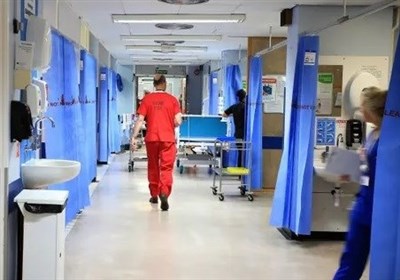Forecasting the worsening of the personnel shortage crisis in German clinics

| The results of a survey show that the majority of German clinics expect the worsening of the staffing shortage crisis in the coming years and request more help from the government to solve the financial emergency. |
According to a survey, the vast majority of hospitals in Germany expect the shortage of nursing staff in this country to worsen. According to a study by the BDO audit firm and the German Hospital Institute (DKI), which was made available to the German news agency, 86% of the surveyed clinics believe that the employment situation in the public sector will worsen in the next three years. Based on this, the clinics see a bleak outlook for the near future. According to the results of this survey, the examined clinics primarily lack suitable applicants. In addition, the impending retirement of nurses is a common reason for a poor future outlook. General burnout of employees also plays an important role. According to this survey, there is currently a shortage of nurses in general departments in almost every hospital (94%). In affected clinics, an average of eight percent of full-time positions are vacant. In intensive care units, nearly three-quarters of clinics are having trouble filling open nursing positions. Twelve percent of the full positions remained vacant there.
Hospitals are trying to combat the lack of manpower by granting guarantees for trainees, expanding educational capacities and employing nursing personnel from abroad. “Despite all efforts, closing the gaps is currently difficult,” says Carl Bloom, board member and head of research at DKI. Planned by the government and not other health policy measures such as reforming nursing education will not improve the situation. Volker Penter, head of healthcare at BDO, said: “If this trend continues, hospitals will have to close wards, not because they run out of money, but because there are no longer enough nursing staff available.
In the meantime, to prevent a wave of hospital bankruptcies, municipalities and departments want more and faster aid than the amount planned by the German federal government. After a high-level meeting with German Health Minister Karl Lauterbach in Berlin, the Association of Cities and Municipalities said: “Reform plans are likely to come too late for hospitals in need.” We believe that fresh money is needed in the system. Reinhard Sager, head of the regional council, called for emergency aid to improve the liquidity of the clinics.
In principle, the Association of Cities and Municipalities and the regional council supported Lauterbach’s reform plans. However, Brundle said, “We are not seeing the impact of these measures to the extent that the ministry estimates.”
end of message/
| Publisher | Tasnim News |


